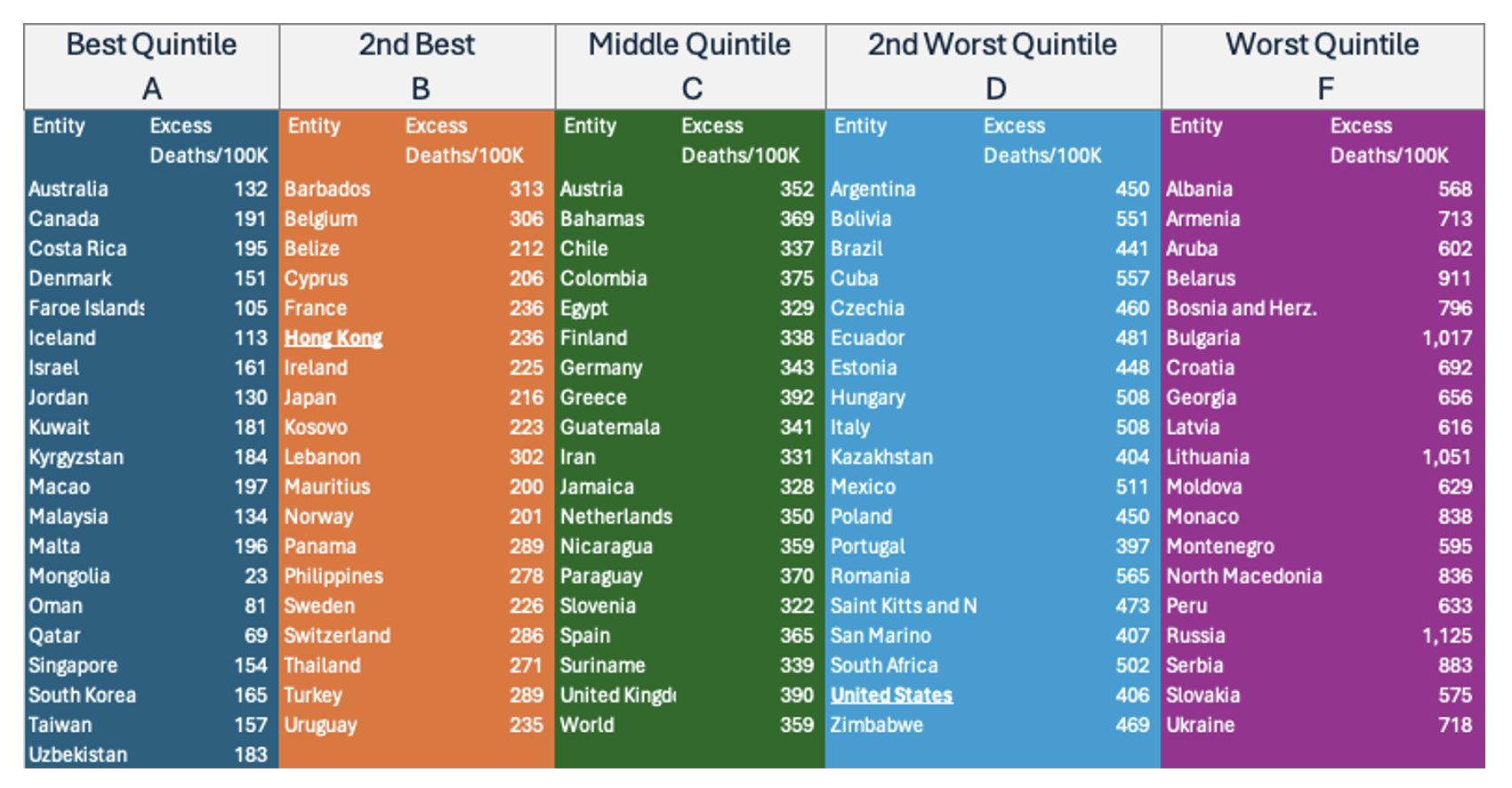Asset-Demiology: Public Health's Best Old Idea is the Key to Rebuild Trust
Asset-demiology is a neologism that does not come up in Google (yet)1. Sound it out—the “ology” of peoples’ assets and strengths. It is the logical companion, but neglected anti-thesis of the usual approach to health.
Health care work is all about deficits. The work of a doctor, whether human or robot, is to transform a living breathing human into a diagnosis, problem list and treatment plan. Medical students and interns are socialized to walk out of the treatment room and recite to their supervisors all the deficits and problems they uncovered. There is no place in a standard medical record to actually list a patient’s strengths and capabilities. The AI-training sets for robotic medical algorithms have no way to learn the clinical relevance of patients’ strengths. To a doctor, patient=problem list. Public health has the same pessimistic vibe.
A deficit focus has rubbed off on public health. The queen science of public health, epidemiology, is the “ology” of problems that are upon the people (“epi” +“demos”). Public health’s research, curricula, and careers are sub-divided into the deficits facing large groups of people. Problems are how we fund public health departments, and how professors of public health get published and promoted. Public health language features discussions of high risk populations who smoke too much, drink too much, sloth too much, eat too much, speed too much, and brush their teeth too little.
Enough talk of deficits! There actually is an unheralded asset that public health has and that I want it to have more of. Public health heroes at their best and most successful are already the world’s most ardent practitioners of “asset-demiology”. For over a century our front line workers have engaged in careful study and activation of a community’s public health assets.
Also known as ABCD (assets-based community development), asset-demiology is the opposite of seeing individuals, families, and communities as baskets of problems. My favorite story of this comes from Abel Wolman’s drive to introduce chlorination over one hundred years ago. He first approached the Elkton, MD city council in 2018 to harangue them with data showing that they had the highest typhoid death rate in Maryland at 50 per 100,000.
He got nowhere. He then found an unlikely asset in the property moguls of Elkton. The fact that 30% of the property in the city was owned by one tycoon was converted to an asset after Wolman looked at a map of where the fire hydrants would go. He calculated that the fire insurance bill would drop by 25% for the city and for all landlords. Tycoons that once resisted any tax hike became assets and advocates who insisted that the city council raise the funds for municipal water . The transformation rested on Wolman listening to the landlords instead of talking typhoid to them. Asset-demiology rests on good listening to what the people care about.
A more recent example comes from Wilkes County, North Carolina which had the highest opioid death rate in the state at the turn of the 21st century. Kay Sanford, a state epidemiologist saw the numbers climbing in 2001 pivoted to become an asset-demiologist. She literally set up shop in Wilkes county to find solutions instead of problems. I called her in 2021 to ask what she was thinking. Sanford said, “In public health the one thing you never do is waltz into the community and say, ‘You have a problem, I’m from the government and I’m going to fix it.’” By joining the community she was able to work with other activists to build a coalition composed of nurses, doctors, fire fighters, police, and business owners. Volunteers raised money. Core groups coalesced around safe prescribing practices, naloxone, safe drug disposal, and addiction treatment . They met regularly to mobilize more public involvement. An initial drop in the death rate in 2009 was followed by a resurgence, but the team kept working and now Wilkes County has an opioid death rate below the state average.
Boston University Dean Sandro Galea’s, March 16, 2024 blog chides a spirit of self-satisfaction in the health professions. Galea connects self-satisfaction to the global loss of trust in health care, and in public health. I claim that self-satisfaction is occupational illness rooted in preoccupation with other people’s problems. I believe that the way forward is to return to public health’s best idea which is to be students of and channels for community strengths.
I am so fortunate here in Hong Kong to have brilliant co-workers like Xiyin Chen who will be setting up a summer 2024 asset mapping project with me. Together with other students we will start interviewing people in three Hong Kong districts to ask them what resources in their neighborhood help them stay healthy. We expect to find lists of local sports clubs, senior groups, youth groups, food co-ops, clinics, schools, and gyms. We expect surprises. The asset listing will be done in partnership with district health centres to enable mobilization around the priorities emerging from each neighbourhood. I hope to channel the spirit of Abel Wolman and the optimism of Kay Sanford as we turn a new page in the science of “asset-demiology”.
Footnote 1. After today "asset-demiology" will have a moment as a "googlewhack"--a search with exactly one result.
References
Albert, Su, Fred W Brason, Catherine K Sanford, Nabarun Dasgupta, Jim Graham, and Beth Lovette. "Project Lazarus: Community-Based Overdose Prevention in Rural North Carolina." Pain medicine 12, no. suppl_2 (2011): S77-S85.
García, Ivis. "Asset-Based Community Development (Abcd): Core Principles." In Research Handbook on Community Development, 67-75: Edward Elgar Publishing, 2020.
Sanford, Kay. "Project Lazarus--the Beginning." You Tube. July 12, 2016, 2016. https://www.youtube.com/watch?v=1boeHESazC0.
Wolman, Abel. "Water: Economics and Politics." Journal Water Pollution Control Federation 37, no. 2 (1965): 145-50.




Comments
Post a Comment